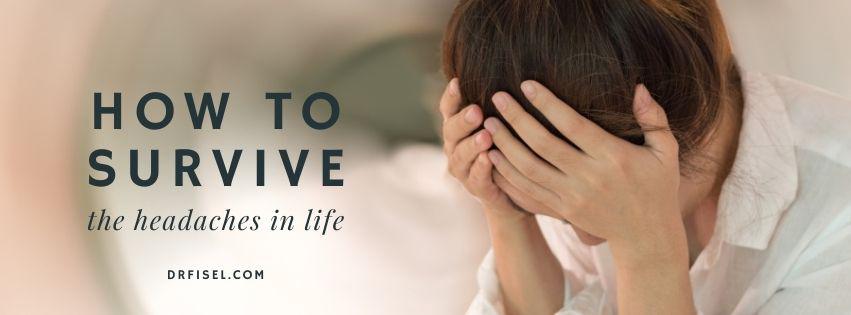
Anxiety can be especially problematic during the holiday season – the time from November to February, generally. It can be hectic for some people. During this time of year feelings can shift from joy to grief at a moment’s notice. What does anxiety look like, though?
For some it might be the stress of not feeling “thankful.”
While people are setting goals for the new year, others might feel a sense of anxiety and overwhelm about what is to come.
The holiday season, and especially the new year, might be viewed as a time to reflect on what has happened. Valentine’s Day, however, might trigger a sense of loss or awareness of what we do not have or what has not happened.
If you are a person that finds yourself with more anxiety as the new year approaches, here are ten ideas to help you handle your emotions:
- Address your mental and physiological stress response. In addition to the many options you have to remedy anxiety in your physical body, you could also work with a therapist to help your behavioral response to stress.
- Don’t only look for the quick fix. Testing and treatment can provide a long-term solution by getting to the root of things. It’s more than just going to the doctor and getting anti-anxiety meds.
- What are your adrenals telling you? Testing your adrenals can pinpoint physiological reactions that make you more prone to anxiety, and can calm cortisol (stress hormone) by measuring your cortisol levels throughout the day.
- Consider what you are eating and how it affects your body. Organic acid testing gives you an idea about neuro-transmitter levels in the brain and nutritional suggestions to change your diet based on those findings.
- Unhealthy patterns are meant to be broken. If your behavioral response to anxiety is not serving you well, I can refer you for Neurofeedback/ Biofeedback to get to the root of how your brain is accustomed to handling stress. With interventions, you can actually change your brain patterns and learn new responses.
- There is wisdom in nature. Supplementing your diet with combination formulas like Gaba, or methionine can help stabilize your stress hormones. Also, adaptogens like Ashwagandha, Passion Flower, Cava, Lemon Balm, or Lavender can be of use.
- Look for indicators of inflammation. I offer functional testing that can assess your nutrient levels. Inflammation plays a part in stress – Magnesium, Turmeric, Fish Oil targets and helps reduce inflammation in your body and help to lower anxiety at the root.
- Think about the root of your symptoms. I am different from other doctors in that I will look at the big picture of your illness and search for historical indicators or reasons for why you are experiencing anxiety.
- Move your body. This is a huge part of managing your anxiety. Movement helps release endorphins that fight off cortisol, naturally. AND…the added benefit of movement is that it burns off energy and helps you sleep better at night.
- Practice healthy sleep habits. How you sleep affects everything else from energy to mood. It truly makes a difference to your anxiety levels if you get good sleep at night.
If any of this resonates with you and you are looking for a way to move forward in the new year, please contact me for a consultation. I would be happy to help you manage your anxiety naturally and help you reset in 2023! Please call (203) 453-0122 or CLICK HERE to schedule a consultation.






